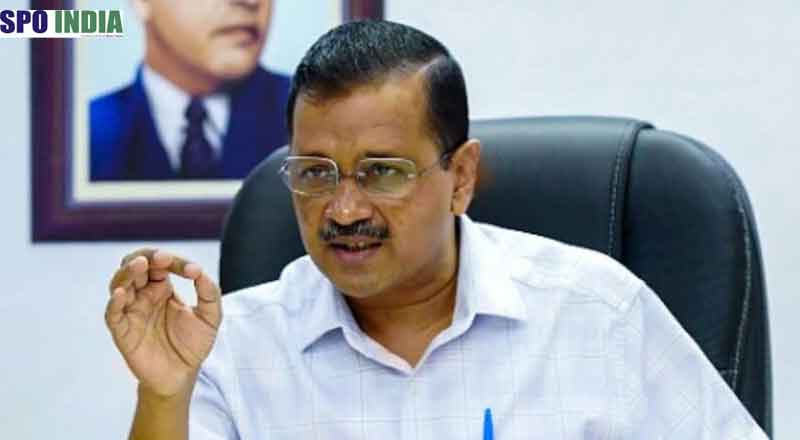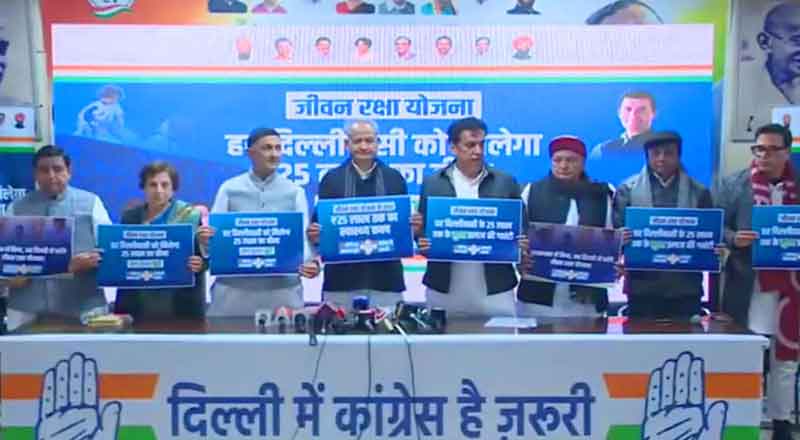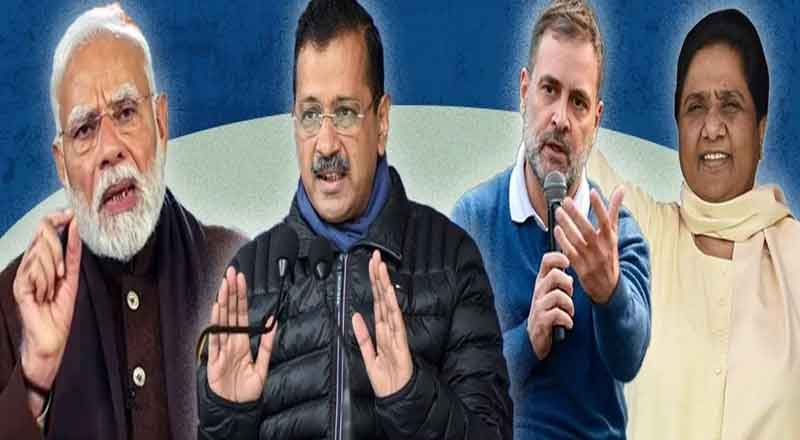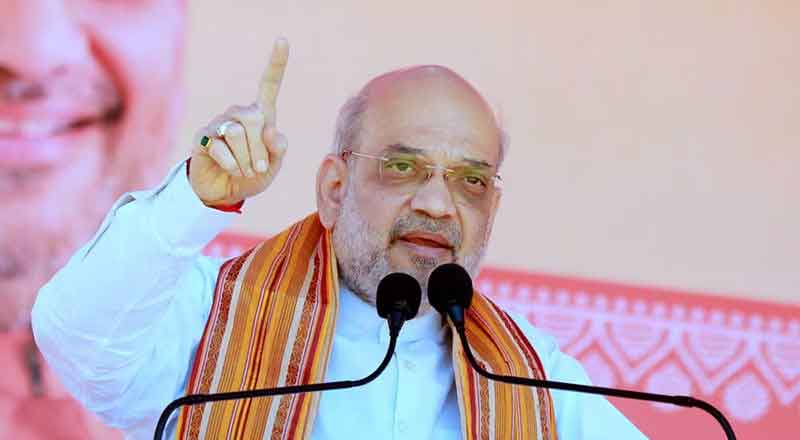Delhi CM Arvind Kejriwal Charged by CBI in Liquor Policy Scandal
Charges Filed in Court
The Central Bureau of Investigation (CBI) has filed a chargesheet against Delhi Chief Minister Arvind Kejriwal and others in the Rouse Avenue Court, Delhi, in connection with the excise policy case. This significant development follows comprehensive investigations by both the CBI and the Enforcement Directorate (ED) into Kejriwal’s involvement in the alleged excise scam.
Judicial Custody Extended
On July 25, a Delhi court extended Kejriwal’s judicial custody until August 8 in the CBI case related to the excise policy scam. Kejriwal, currently held in judicial custody, appeared before the court via video conferencing from Tihar Jail. Special Judge Kaveri Baweja also extended his custody in the ED’s money laundering case until July 31. These extensions highlight the ongoing legal complexities surrounding Kejriwal’s case.
Arrest and Bail Timeline
Kejriwal’s legal troubles began with his arrest by the ED on March 21 in connection with a money laundering case. Despite being granted bail by the trial court on June 20, the high court stayed the order, keeping him in detention. Subsequently, on June 26, the CBI arrested him while he was still in Tihar Jail. Although the Supreme Court granted him interim bail on July 12 in the ED case, Kejriwal remains in custody as he has not furnished the required bail bond. This sequence of events underscores the intricate legal proceedings and the challenges faced by Kejriwal.
Additional Accused and Custody Extensions
The judicial custody of other prominent figures has also been extended. Aam Aadmi Party (AAP) leader Manish Sisodia and Bharat Rashtra Samithi (BRS) leader K Kavitha, among others, had their custody extended until July 31 in the money laundering case. All accused appeared before the court via video conference, indicating the wide-reaching implications of the case and the involvement of multiple high-profile individuals.
Background of the Excise Policy Case
The excise policy case centers on alleged corruption and money laundering linked to the Delhi government’s now-scrapped excise policy for 2021-22. The policy was purportedly designed to grant licenses to liquor traders, which allegedly facilitated cartelization and favored certain dealers who were accused of paying bribes. The AAP has steadfastly denied these allegations, maintaining that the policy was intended to reform the liquor trade. Despite these denials, the policy was eventually scrapped following recommendations from Delhi Lt Governor VK Saxena, who called for a CBI probe. This recommendation led to the ED registering a case under the Prevention of Money Laundering Act (PMLA).
Political and Legal Implications
The ongoing investigations and court proceedings carry substantial political and legal ramifications. The charges against high-profile leaders like Kejriwal, Sisodia, and Kavitha have brought intense scrutiny to the AAP and the policies of the Delhi government. These proceedings not only affect the political standing of the individuals involved but also cast a spotlight on the governance and administrative practices in Delhi.
Public and Media Reaction
The case has garnered significant attention from the media and the public, reflecting the high stakes involved. Supporters of the AAP argue that the charges are politically motivated, aimed at tarnishing the party’s image. On the other hand, critics view the case as a crucial step towards accountability and transparency in governance. As the legal battle continues, it is likely to influence public opinion and the political landscape in Delhi and possibly beyond.
Future Developments
As the legal process unfolds, the outcomes will be closely watched. The developments in this case will not only determine the fate of those directly involved but could also set precedents for how similar cases are handled in the future. The political implications could ripple through upcoming elections, affecting the strategies and campaigns of various parties. Kejriwal’s ability to navigate these legal challenges will be crucial for his political career and the AAP’s future prospects.
The excise policy case remains a pivotal issue in Delhi’s political and legal arenas, with its impacts likely to be felt for a long time.
(With inputs from agencies)





